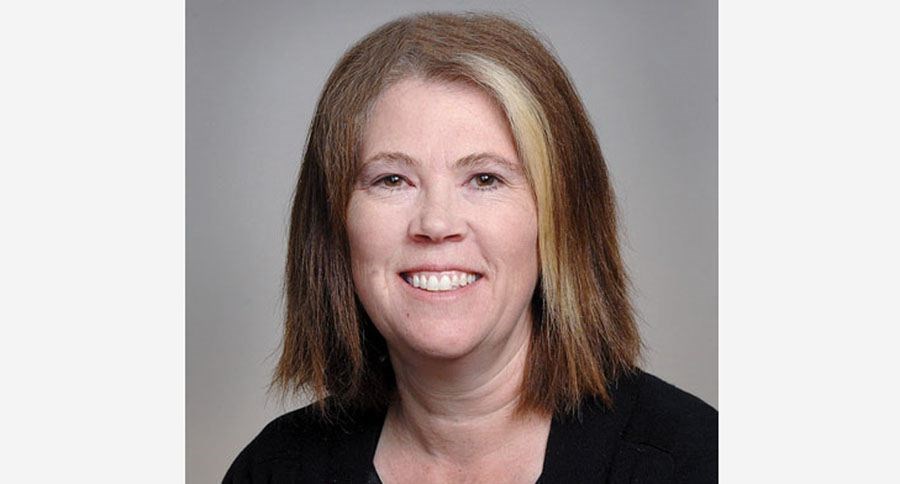I have mentioned before that my sister has a bomb shelter in her basement. It was built during the Cuban Missile Crisis and it was meant to house officials from the city of Toronto. It is a 35-foot by 60-foot concrete and steel room that sits underneath the old farm house. What makes the space so poignant is the massive Plexiglas map that shows the city of Toronto and has space at the side to keep a tally of the dead and those waiting to be rescued. For 13 days in 1962 the fear of nuclear attack was palpable. While the "hot" war was averted, there has been a very long-standing "cold" war that has existed between the United States and Cuba but, just in the last few days President Obama has decided to review the relationship between the two countries.
I thought I might give a bit of background on the story in today's column. In 1959, Fidel Castro sized power from Fulgencio Batista who was an American backed right-wing dictator. Castro appeared to be a hero, freeing the Cuban people from an autocratic regime but his embrace of communist rule did little to change the lives of ordinary Cubans. In 1960, Castro essentially seized American assets and nationalized businesses. U.S. retaliation was swift and sanctions were imposed. By 1961 the U.S. has broken off relations and attempted to invade Cuba to overthrow the regime in an action called the "The Bay of Pigs." America was thwarted and Castro aligned Cuba with the Soviet Union and declared Cuba to be a Communist state. As tensions rose among the three nations, for the (former) U.S.S.R was now implicated in the dispute, Cuba allowed the Soviet Union to set up a nuclear base on its soil, less than a few hundred miles from Florida. Over those 13 fateful days in history, these nations stared each other down until Soviet leader Nikita Khrushchev agreed to remove the missiles on the condition that the U.S. accepted the sovereignty of the new regime in Cuba. And then, the cold war set in....
Now, over 50 years later there may be a thaw between the U.S and Cuba. The last remnants of the Cold War may be coming to an end. Castro's brother, Raul, is now President and the Cuban economy remains fairly locked into central control by the state although there has been an opening up to foreign investment. In the past, foreign investment has been seen as an invasion of sovereignty. The idea of "sovereignty" has shaped the Cuban experience since the Castro takeover. This regime has not only molded the economy and politics of Cuba but it has subsumed the culture. I draw on a text book description of the political culture that best explains this phenomenon. Dickerson, Flanagan and ONeill write, "[Cuba has a collectivist culture which] exhibits the broad agreement of social values..., but this is combined with little in the way of citizen engagement. The lack of engagement in such cultures stems from the knowledge that engagement is fruitless or even dangerous. Citizens in political systems expressing little support for political and civic freedoms learn to keep quiet or risk imprisonment or worse. Citizen engagement in such states is akin to cheerleading on the sidelines of the real political game, providing moral support to the players but having relatively little effect on the overall outcome of the game."
The relaxing of tensions, President Obama said, is not just about normalizing relations that will lead to better economic outcomes for Cubans but will expose the culture to ideas that have otherwise been forbidden. In a speech Obama made this week he said: "... we are taking steps to increase travel, commerce, and the flow of information to and from Cuba. This is fundamentally about freedom and openness, and also expresses my belief in the power of people-to-people engagement. [ ... I]t will be easier for Americans to travel to Cuba, and Americans will be able to use American credit and debit cards on the island. Nobody represents America's values better than the American people, and I believe this contact will ultimately do more to empower the Cuban people."
There has always been a long-standing belief that bringing American ideals to the world will lead to the rise of liberty and freedom. Yet, without doubt, these values have been tarnished in recent years as people have begun to question American moral authority. The outcome of the warming of American / Cuban relations remains to be seen.



